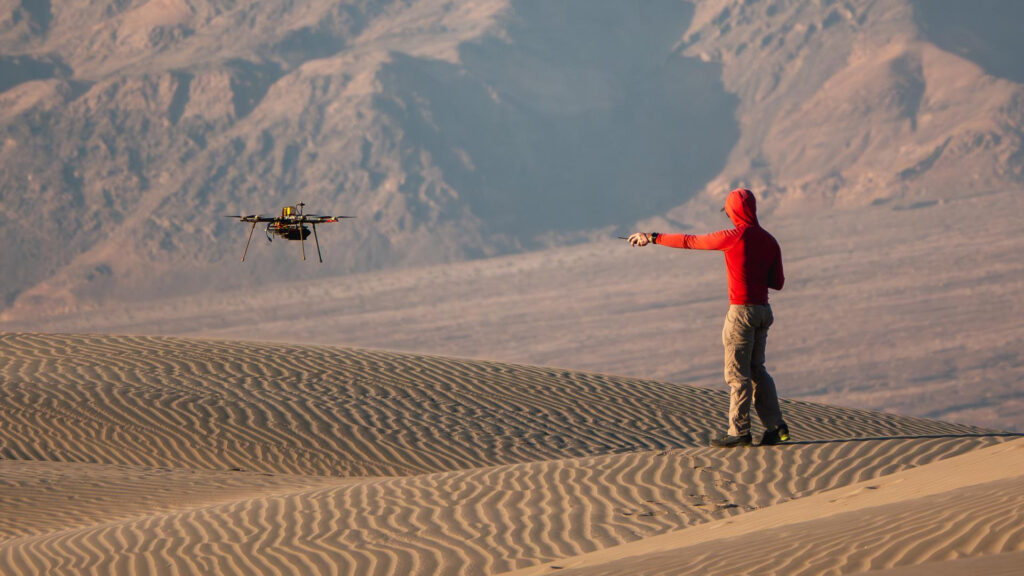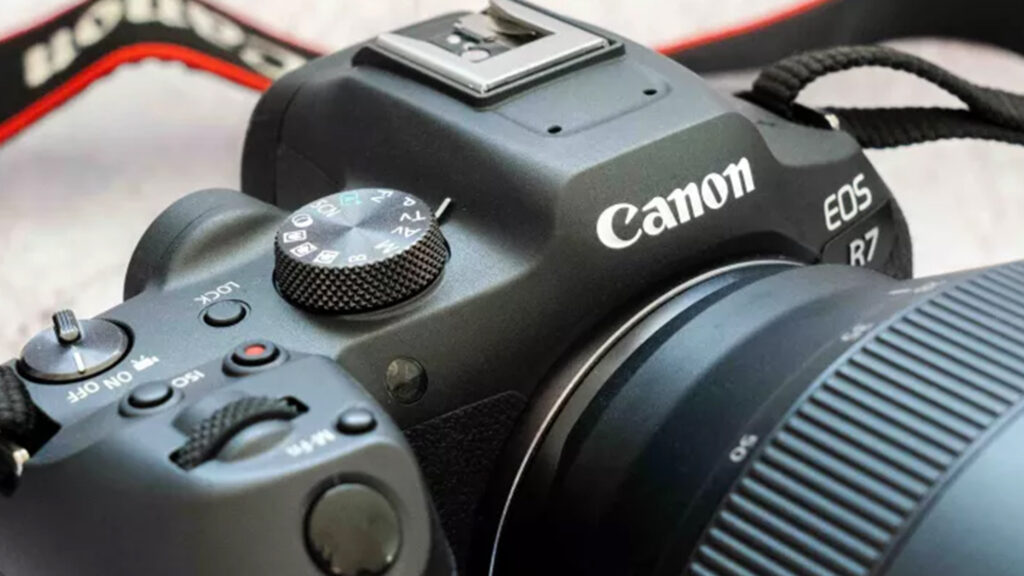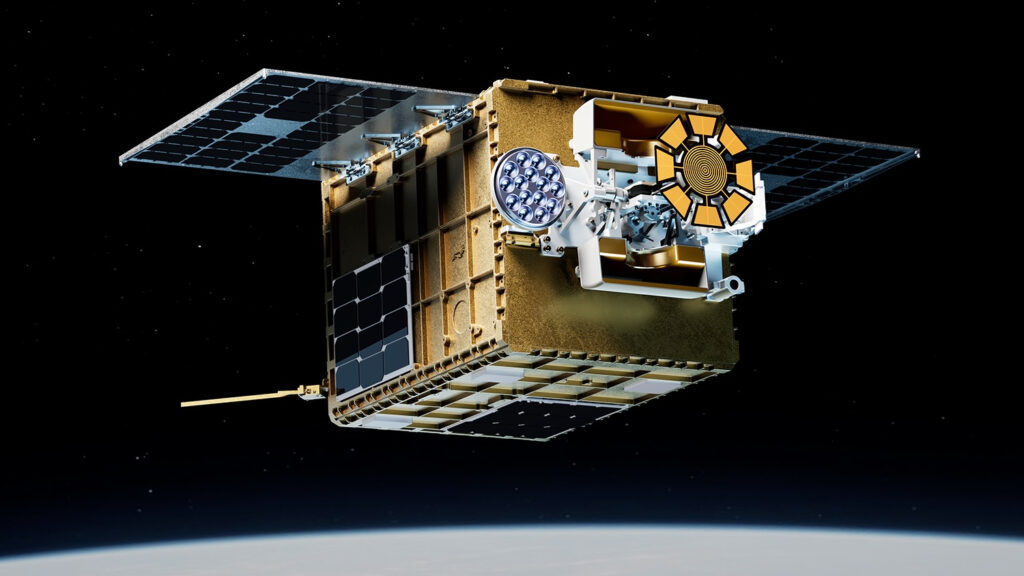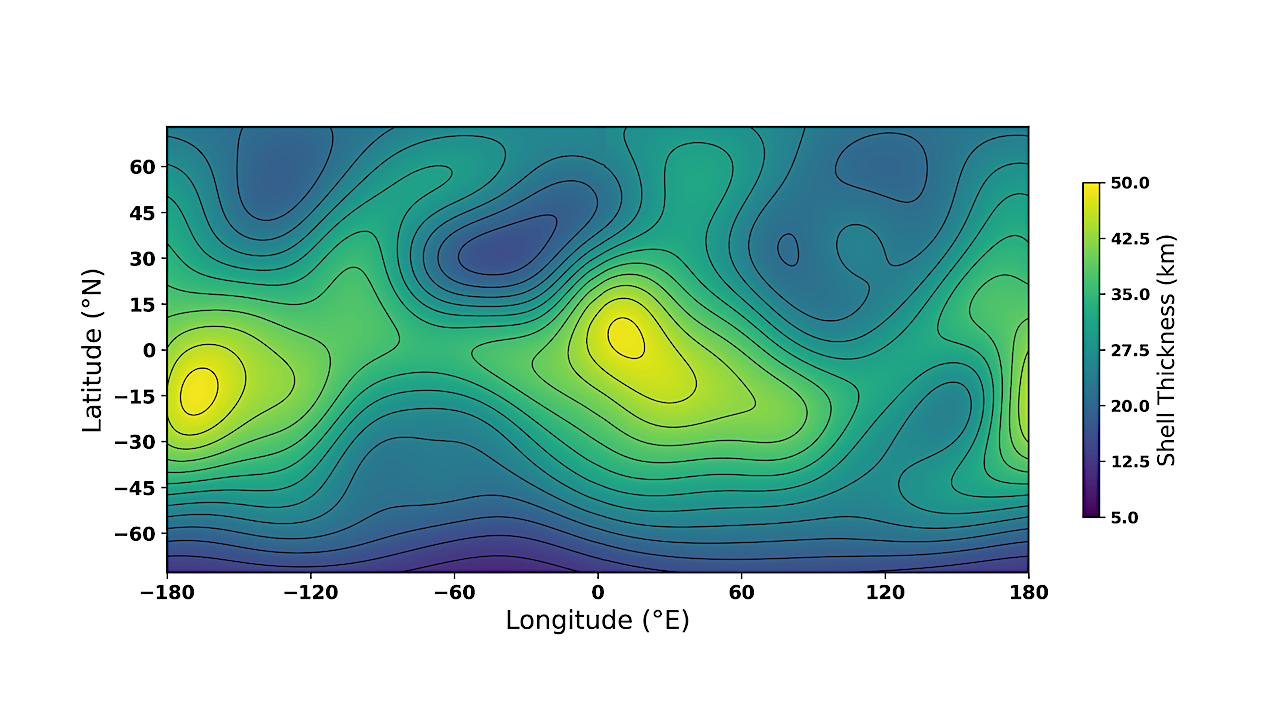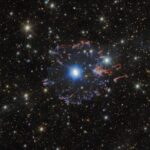Now Reading: Why is humanity obsessed with aliens? Q&A with ‘First Contact’ author Becky Ferreira
-
01
Why is humanity obsessed with aliens? Q&A with ‘First Contact’ author Becky Ferreira
Why is humanity obsessed with aliens? Q&A with ‘First Contact’ author Becky Ferreira
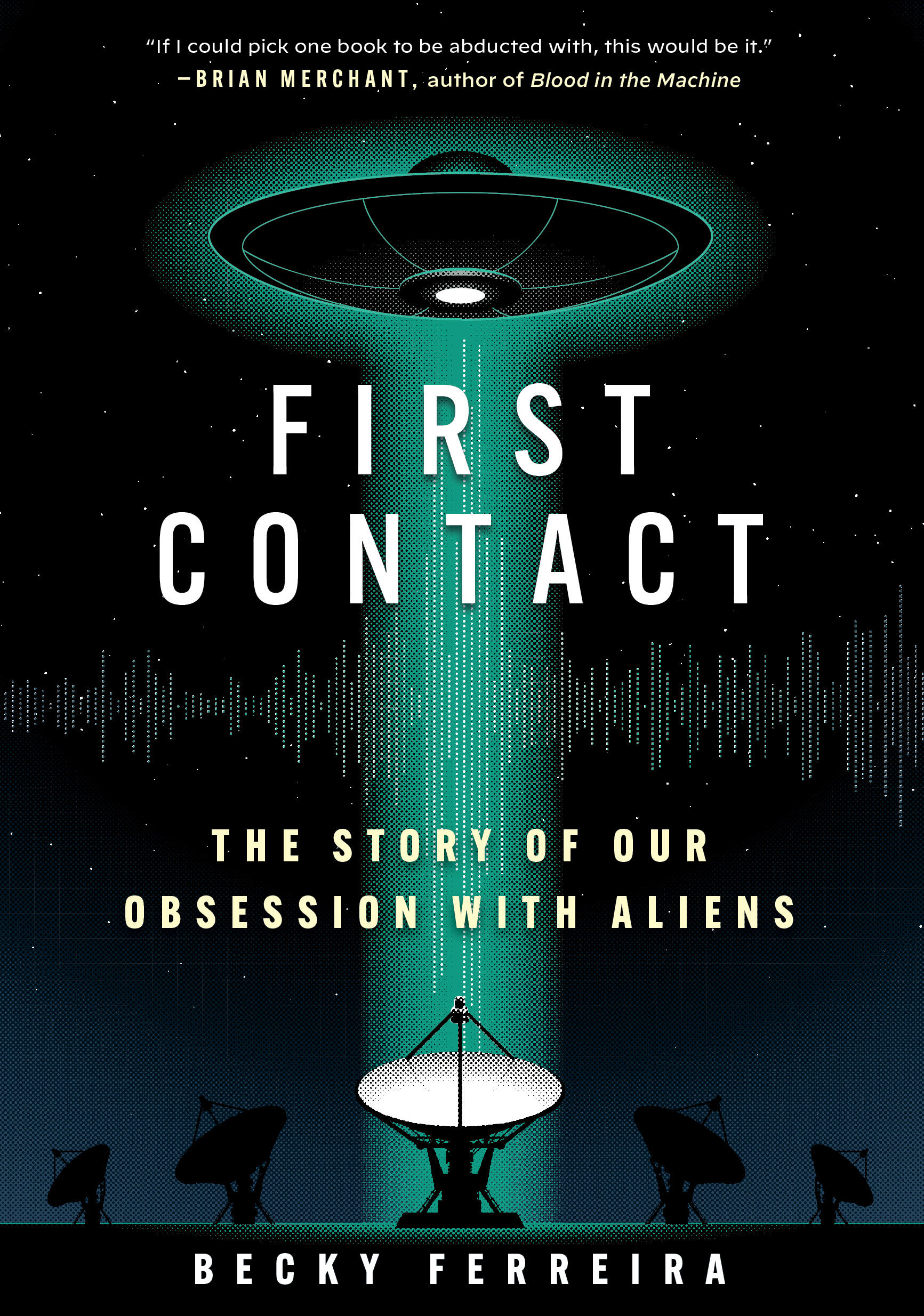
For as long as humans have looked up at the night sky, we’ve wondered who, or what, might be looking back.
From ancient myths about gods descending from the heavens to 20th-century UFO sightings and today’s hunt for exoplanets, the question of whether we are alone in the universe has never stopped captivating us. From microbial fossils on Mars to interstellar comets to mysterious signals in deep space, there is a timeless curiosity around extraterrestrials.
Journalist Becky Ferreira dives into this rich history in her new book “First Contact: The Story of Our Obsession with Aliens” (Workman Publishing, 2025). In a conversation with Space.com, Ferreira discusses the myths that shape our understanding of aliens (her newsletter dives into this further) and why real contact might look nothing like what Hollywood has taught us to expect.
Becky Ferreira: My editor for this book approached me with the idea, and when I saw it, I thought, “Oh aren’t there so many alien books already?” But I should have known as a reporter that it’s an inexhaustible subject.
For me, it also felt like the right time. There’s so much happening in the scientific search for alien life, but also more openness toward the UFO community and a posture of transparency from the government. I wanted the book to touch all those sides — the science, the pop culture, the history — and to do it in a short, visual, and kind of snarky way that invites people in.
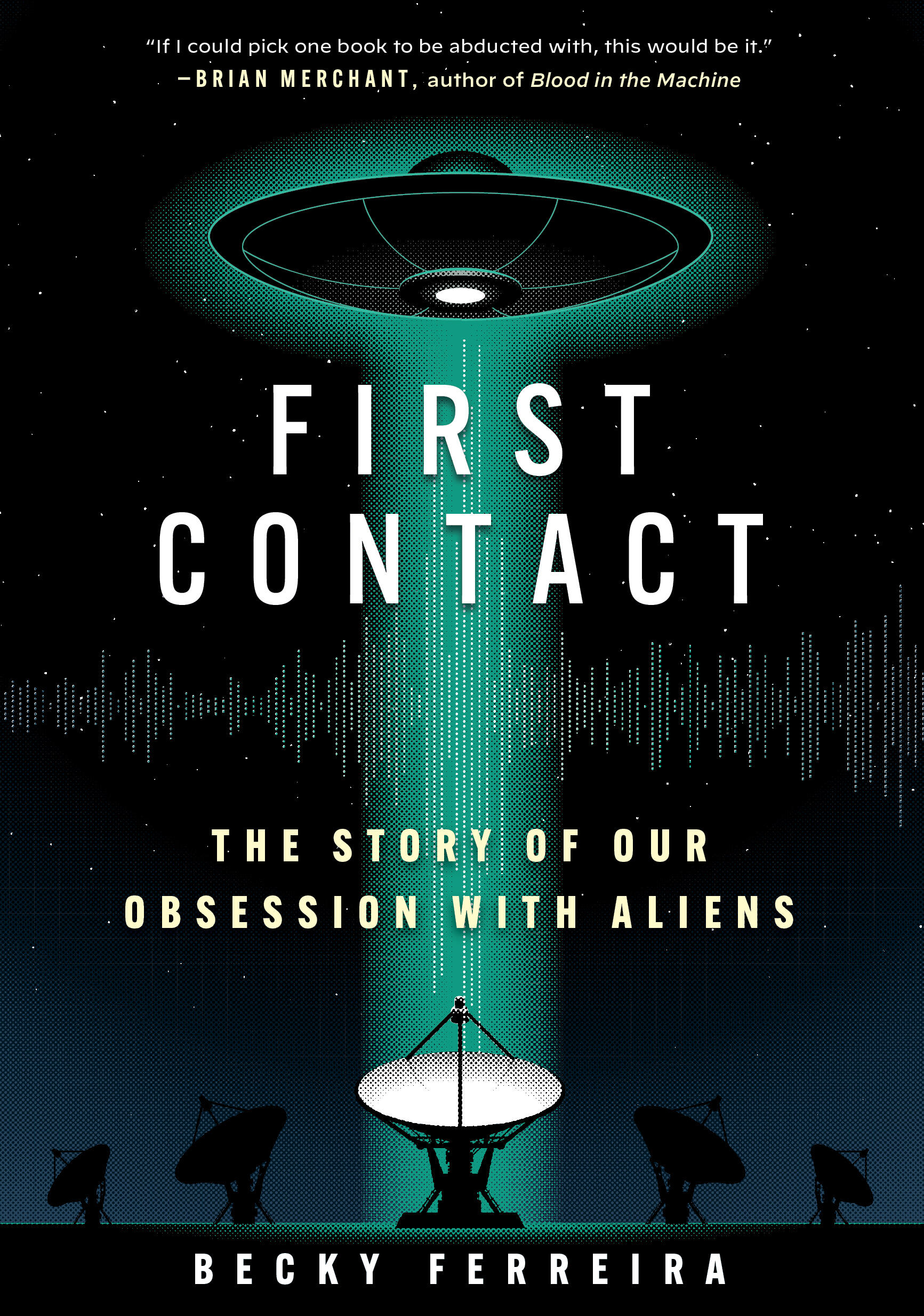
First Contact: The Story of Our Obsession with Aliens
A narrative and visual exploration of humanity’s age-old search for and fixation with extraterrestrials.
First Contact explores the ancient idea—and epic quest to prove—that we are not alone in the universe. Presented in a heavily illustrated cabinet of curiosities format, the book explores our fascination with aliens from early history to the present day.
Ferreira: I love this question! Definitely the Messianic alien. And I’m sorry to the Superman fans! I like the new “Superman” movie, but I’m tired of stories where a superpowered being comes down to save humanity from itself. It’s not just aliens — it’s part of this larger myth we have that someone else will fix everything for us.
That idea goes way back — it’s basically a modern version of waiting for the gods, or the rapture. But I think it’s dangerous because it teaches us to wait for salvation instead of taking action ourselves.
I’d love to see more Robin Hood-type stories, where regular people, not superheroes, actually organize and make change for themselves. We need narratives that empower us, not ones that make us dependent on alien saviors.
Ferreira: I love the truly strange aliens — stories like “Solaris” or “Arrival,” where you have to completely rethink how you perceive the universe. Those stories feel more realistic to me, because if we do encounter intelligent life, it probably won’t think like us at all.
I’m fascinated by the idea of aliens who have a worldview that’s totally different, maybe even impossible for us to fully understand. Like the heptapods in “Arrival,” who experience time all at once — that’s such a wild concept.
And honestly, I’d love to see more stories about microbes. What if we found a fossilized microbe on Mars that’s four billion years old? It’s tiny, it’s dead, it’s not a civilization — but it would completely change how we see life in the universe. Pop culture hasn’t really processed how monumental that kind of discovery would be.
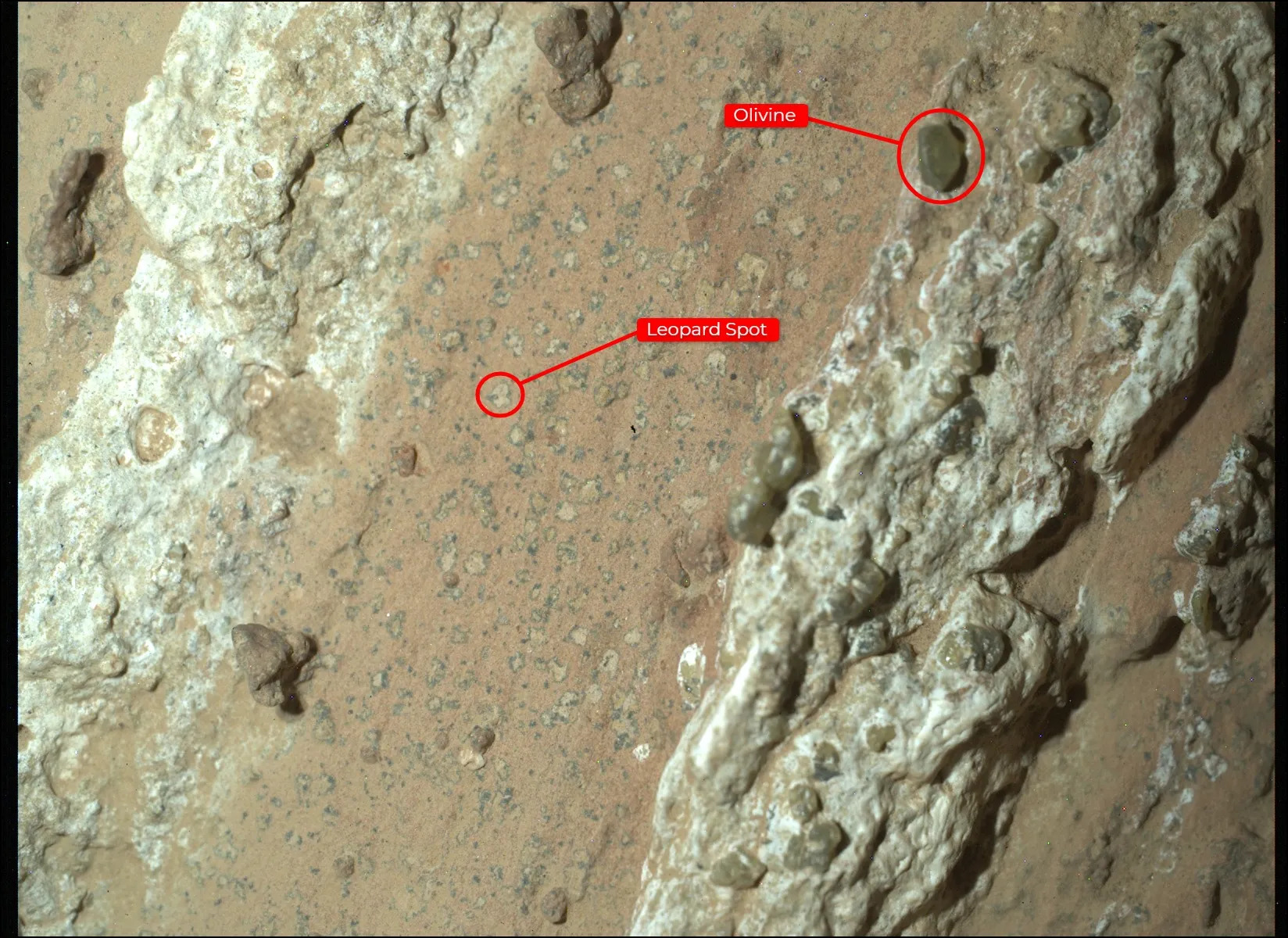
Ferreira: I finished the manuscript in January 2025, and of course all these fascinating discoveries happened right after — new exoplanet biosignatures, possible biosignatures on Mars.
There’s also a section on the rights of aliens that I wish I could have expanded. Like, what are the legal rights of a microbe on Mars? That sounds silly, but it’s actually a really important question. We’re doing all these astrobiological projects, and at some point we’ll have to decide how to treat what we find. You could write a whole book just about that.
Ferreira: I think it’s the coolest thing ever! I couldn’t include it because of timing, but I’ve been obsessed. I love that we’re in an age where we can detect these interstellar objects at all. And with the Vera Rubin Observatory active I think by the end of the decade, we’ll have a whole census of them.
What’s exciting about 3I/ATLAS is that it’s like a time capsule — a piece of another star system passing through ours. Some scientists have even suggested it could be older than the solar system, which is wild. These are literal visitors from other worlds, and they help us see beyond our neighborhood. It’s like the universe is delivering us souvenirs from deep time.
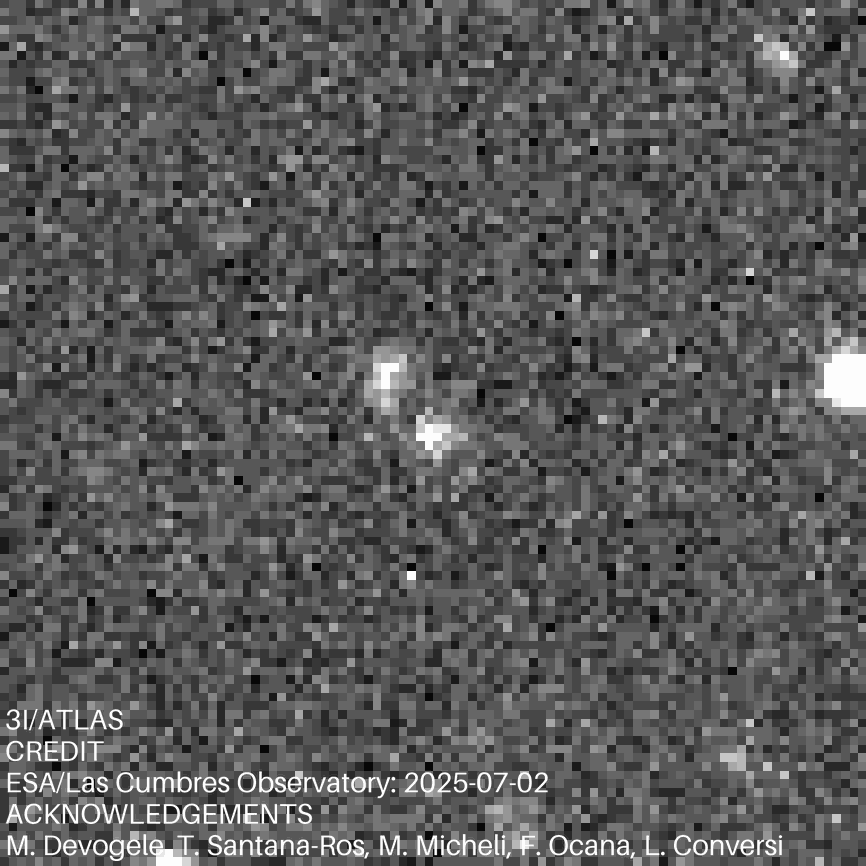
Ferreira: That our conception of aliens is human. I know that sounds obvious, but it’s so important. Aliens mean different things to different people, but the fascination itself is universal. Every culture has some story about beings from the sky — it’s part of who we are.
For people skeptical of UFOs, I get that — I used to be, too. But when I was researching this book, I realized a lot of those accounts are very persuasive. That doesn’t mean they’re extraterrestrial, but something happened. And I think it’s great that we’re finally talking about it without stigma.
For people skeptical of NASA or the government, I’d say: those institutions have extremely high standards for what counts as evidence. I don’t think they’re being secretive — they’re just careful. We’re all profoundly obsessed with aliens, but we need to give each other a little grace for what that means.
Because if we do ever find life out there, it’s going to change everything — spiritually, culturally, scientifically. And we’ll need everyone, skeptics and believers alike, to help us understand what that means for our place in the cosmos.
Stay Informed With the Latest & Most Important News
Previous Post
Next Post
-
 01Two Black Holes Observed Circling Each Other for the First Time
01Two Black Holes Observed Circling Each Other for the First Time -
 02From Polymerization-Enabled Folding and Assembly to Chemical Evolution: Key Processes for Emergence of Functional Polymers in the Origin of Life
02From Polymerization-Enabled Folding and Assembly to Chemical Evolution: Key Processes for Emergence of Functional Polymers in the Origin of Life -
 03Astronomy 101: From the Sun and Moon to Wormholes and Warp Drive, Key Theories, Discoveries, and Facts about the Universe (The Adams 101 Series)
03Astronomy 101: From the Sun and Moon to Wormholes and Warp Drive, Key Theories, Discoveries, and Facts about the Universe (The Adams 101 Series) -
 04True Anomaly hires former York Space executive as chief operating officer
04True Anomaly hires former York Space executive as chief operating officer -
 05Φsat-2 begins science phase for AI Earth images
05Φsat-2 begins science phase for AI Earth images -
 06Hurricane forecasters are losing 3 key satellites ahead of peak storm season − a meteorologist explains why it matters
06Hurricane forecasters are losing 3 key satellites ahead of peak storm season − a meteorologist explains why it matters -
 07Binary star systems are complex astronomical objects − a new AI approach could pin down their properties quickly
07Binary star systems are complex astronomical objects − a new AI approach could pin down their properties quickly












